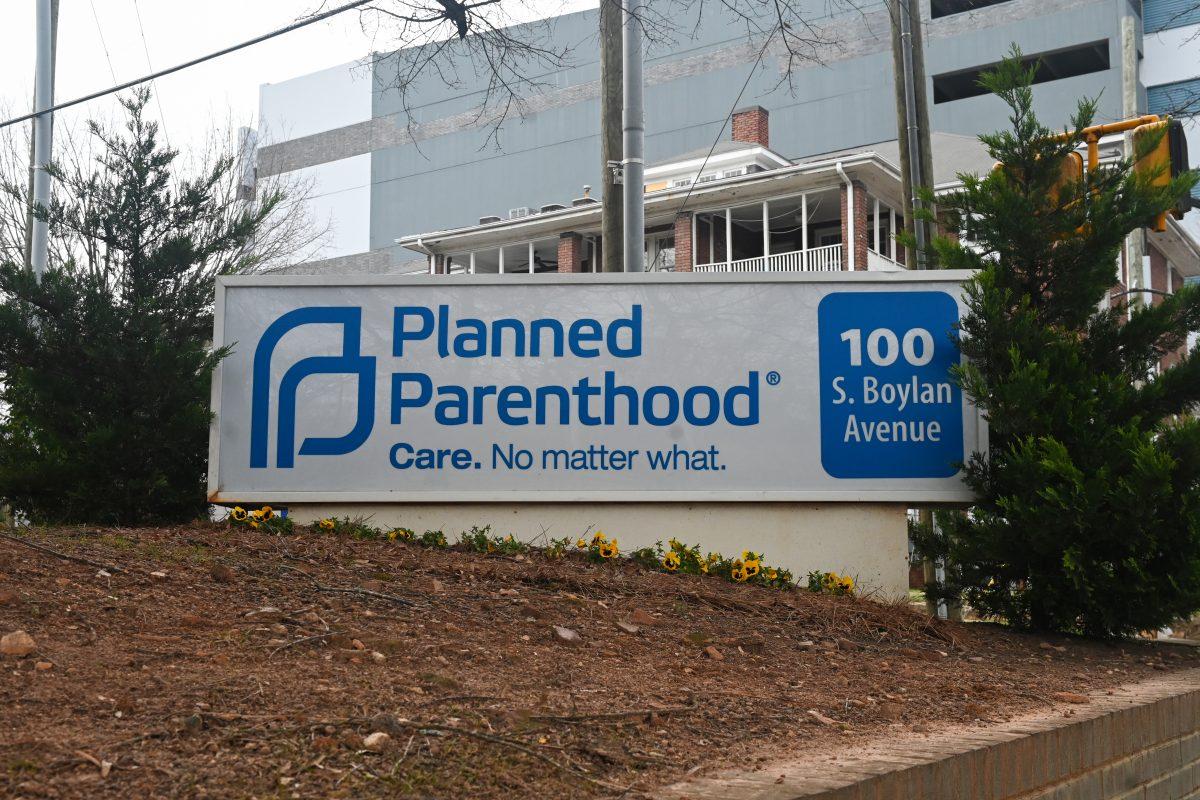After a Supreme Court effectively overturned Roe v. Wade in 2022, decisions on abortion access were turned over to individual states. While abortion remains legal in North Carolina, some say the overturning of Roe has impacted access to reproductive care.
Amanda Edwards, a professor of political science specializing in gender and sexuality studies, said legal hurdles to abortion rights have increased since the overturning of Roe v. Wade, which she thinks does not pose a great picture for the future of access in North Carolina.
“The fact that it went from 24 weeks, then Dobbs to 20 weeks, then within a year to 12 is not a great sign,” Edwards said.
Under a 2023 abortion law, North Carolina requires that a person undergoing abortion care is informed by a physician in person about the procedure they are undergoing at least 72 hours before the procedure itself.
Alison Kiser, the senior director of external affairs for Planned Parenthood Votes! South Atlantic, said she thinks these kinds of legal hindrances to abortion access are not talked about as much as they should be at the state level.
“We find sometimes that folks are more in tune with what may be going on at the federal level, but we’ve seen the harsh reality over the better part of the last 10 years of how much government interference there is at the state level,” Kiser said. “You know how much that affects the ability of young people, men, women, teens, really everyone accessing the services they need to lead healthy lives.”
Edwards said data has also shown the impact the new law has had on the number of abortions within the state, which decreased after the 2023 legislation.
“Some of the data showed that in the first month after they changed the law, in North Carolina, they saw a significant drop in the number of abortions, right in the very first month,” Edwards said.
Kiser said accessibility across the state is also limited, with 90% of North Carolina counties being without an abortion provider, meaning many have to travel within or outside of the state.
However, Kiser said Planned Parenthood provides assistance to those in situations in which care isn’t readily available.
“We have patient navigation services available, which both helps people cover the cost of their services, as well as costs associated with travel to obtain services,” Kiser said. “So everything from gas money to lodging and childcare expenses are things that we can help with in order to help people get to their services.”
Kiser said awareness on college campuses is something Planned Parenthood has been focusing on in North Carolina, as well as obtaining references for abortion care from campus health services.
“I would like to work with student health services wherever we’re able to for them to be able to refer patients to us for care they may need,” Kiser said. “We know that student health services are often in a position to be able to provide some services, like birth control, for example, but other healthcare services … that’s care that Planned Parenthood provides that student health services may very well not provide.”
In terms of expanding access, Kiser said Planned Parenthood is not currently looking to add more clinics to the nine it operates in the state, but that it has been working to increase availability to care through the expansion of operating hours and staffing.
“Since the Dobbs decision in 2022, we have worked in the facilities that we have to expand access to care as much as possible, doing things like being open for longer hours, expanding our facilities, adding more staff — really doing everything we can in the spaces where we already are to increase patient access to care,” Kiser said.
Despite new laws being implemented with regard to abortion access and care, both Edwards and Kiser said preventative and contraceptive products will likely stay available regardless of what happens to abortion access in North Carolina.
“The Supreme Court was pretty clear in stating that it was not meant to overflow in these other areas, such as contraception,” Edwards said. “The idea of contraception and the privacy of contraception was before Roe.”
Kiser added that while contraceptives are important, she thinks they would assume an even more important role in care if abortion becomes completely outlawed in North Carolina.
“Providing access to preventative care is a cornerstone of our mission and the services we provide,” Kiser said. “I don’t see that changing anytime soon; certainly in an environment where abortion is even more restricted or unavailable, those services would become a larger portion of the services we provide.”
Despite barriers to access that have been implemented by the state government, Kiser said the power rests with the public to maintain abortion rights.
“These are the policies that our elected leaders are pursuing,” Kiser said. “But the power of the people can stop them from being able to do that.”








